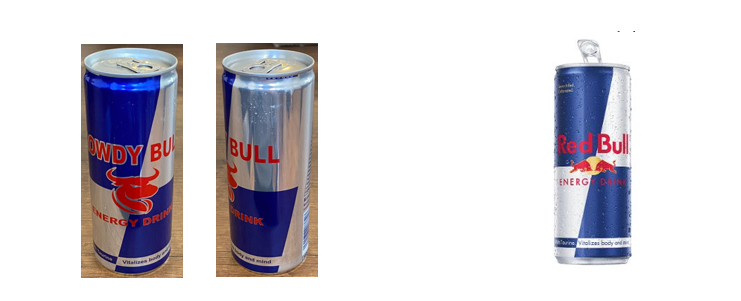Leveraging Civil and Criminal Routes in Trademark Infringement Cases
Five years have passed since the adoption of Turkey’s new Intellectual Property Code (“IP Code”), which annulled the Trademark Decree-Law no. 556 (“D-L”) back in January 2017. This piece of legislation introduced several changes to the trademark law. Some changes were expected for a long time, whereas some were surprising even to IP practitioners who were directly involved in preparing the draft of the IP Code. It would be fair to say that the Office and the courts almost settled the IP Code’s implementation, but one rather positive amendment can still puzzle criminal courts and prosecutors.
The criminal provision of our IP Code reads as follows; Article 30: “A person who produces or provides services, puts on the market or sells, imports or exports, buys for commercial purposes, possesses, transports or stores while infringing a trademark right through quotation or likelihood of confusion, shall be sentenced from one year to three years of imprisonment and punished with judicial fine up to twenty thousand days.”
This provision now clearly allows brand owners to proceed against the infringements created through confusingly similar uses via criminal route. It was not the case in our D-L era when we could take criminal action only against exact copies (the identical use of a brand on the same goods/services), whereas infringement of a brand through confusion would fall under the jurisdiction of civil courts.
This change of mentality on the criminal approach to trademark infringement matters created a new and much broader playfield for brand owners. While civil actions indeed have considerable benefits, such as a preliminary injunction option that remains valid and can be applied throughout the court proceedings, unlike a search and seizure order from a criminal court that can be applied only once, the criminal actions are mostly faster and cost-effective. Provided that the brand owner has sufficient evidence at hand[1], the prosecutors and criminal courts review the complaints and decide for search and seizure orders in a workday mostly, which means that the infringing goods could be seized - or infringing use could be ceased - within a day or two.
Taking criminal action against trademark infringements made it possible for brand owners to broaden their brand protection options, especially in urgent matters requiring immediate attention and seizure decision from a court. In matters where the infringement can be changed, or the infringing goods can be moved quickly, it becomes vital to take fast action.
In a recent case, we leveraged this change in law and managed to seize the below shown “ROWDY BULL” energy drinks at a Customs Directorate in Southern Turkey whilst being exported. It is not a “counterfeit” Red Bull energy drink per se, yet it is highly infringing given Red Bull GmbH’s registered trademarks and well-known product get-up.

After managing to convince the local prosecutor and criminal court in Hatay province on the seizure of the goods at the Customs Directorate, we filed a civil court action in Izmir city - targeting all parties, i.e. not only the exporter of these goods but also the manufacturer in Izmir) Furthermore, we obtained a preliminary injunction decision against Rowdy Bull products in general, i.e. against the ones seized at the customs but also against any product that we can find throughout the legal proceedings. We took all possible measures against the infringing product and protected the brand owner’s rights to the fastest and broadest extent possible.
The criminal route does not only serve as means to secure the infringing goods on an urgent basis but also as serious leverage as the infringer faces an imprisonment verdict as a result of the criminal trial. However, the criminal route may not be applicable in every infringement case, as the approach of criminal authorities to IP crimes varies immensely in Turkey, especially depending on the level of infringement. On the other hand, the civil court proceedings - especially the preliminary injunction decisions - remain highly effective and valid measures in any infringement case. It is now safe to say that the IP Code of Turkey allows brand owners to secure their rights and protect their trademarks in the broadest manner possible, and each infringement matter shall be evaluated per case by experts to tailor the best and most effective approach.